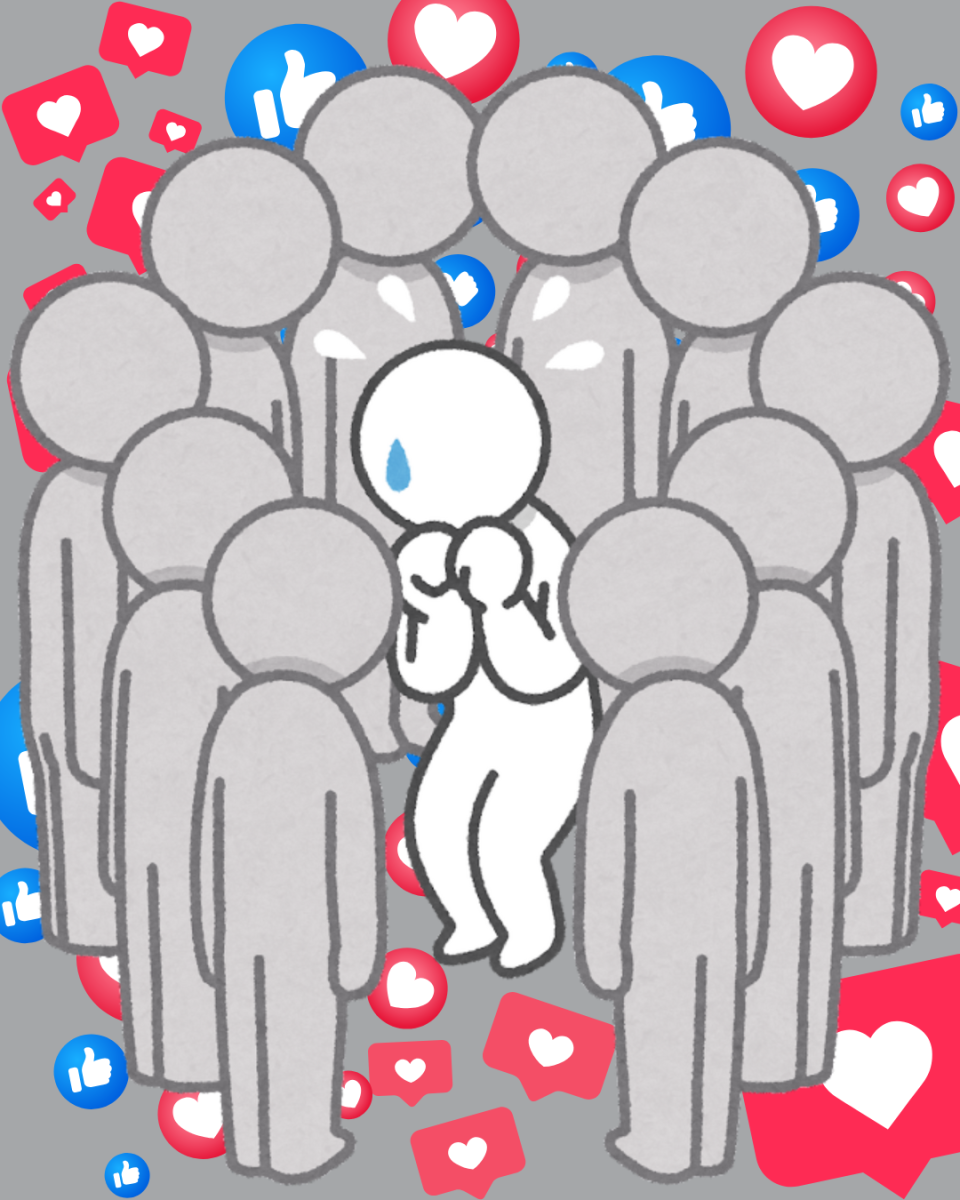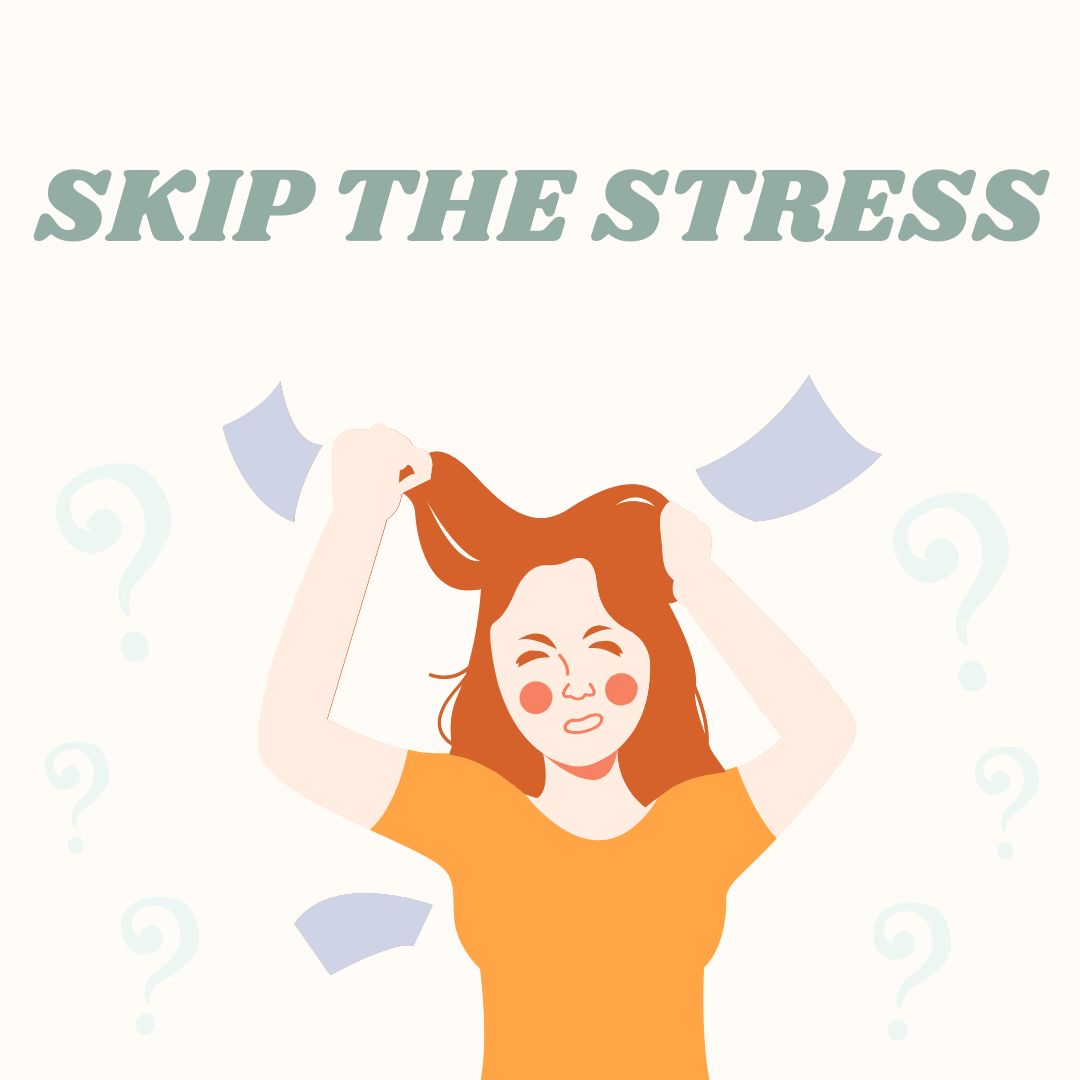With every trend, more teens fall into a curated, popular aesthetic and leave self-expression behind.
In trying to be unique or niche, this generation is starting to dress, think and act eerily similar. Roughly six in 10 teens use TikTok and Instagram, according to Pew Research Center. That means six in 10 teens are exposed to a new trend every day, pressuring them to fit into a category that is simple and easy to define.
Each label, whether it be “clean girl,” “cottage core,” “coastal cowgirl” or “alpha male,” comes with its own limitations. Silent rules of how to dress, what kind of music to listen to and what opinions to share limit true identity. Teens are conditioned to conform within these bounds and risk never truly expressing themselves for the sake of fitting in.
One scary effect is that it pays off to fit into one of these categories. The more consistent a person is with how they present themselves according to an aesthetic the more likes and views they get on social media. So, now an identity or social presence feels like it is something to be sold, but it also rewards conformation.
The messier parts of identity are also thrown aside. Contradiction, confusion and exploration isn’t important, and all the answers are black and white. Not representing the complexity of identity can leave teens even more pressured to be perfect and even lead to more dangerous outcomes based on false perceptions of other people.
In a study published in 2023 called “The power of social influence,” which replicated the Soloman Asch experiment, five research actors gave incorrect answers and one participant was asked to identify which of three lines matched a target line in length. Just like in Asch’s famous experiment, conforming despite clear evidence to the contrary is still very real.
This reality also translates to social media. Trends go viral, not necessarily because they’re the best ideas or products, but because people see others doing them and have a fear of missing out. Although doing dances and participating in beauty trends isn’t a dangerous thing, these tendencies could seep into political opinions and social bandwagons, which could lead to blatantly wrong choices without any true knowledge.
Spending less time digesting short forms of entertainment that push these trends in every video, teens would be able to explore their true interests. Through those interests, teens will be able to develop their own unique sense of self, not influenced by outside factors. It’s also okay to spend time on short forms of entertainment apps, but in moderation.
Online labels come and go, but true authenticity stays. Although this world now revolves on digestible categories of personality, teens should strive to be their authentic selves because it will outlast any popular ephemeral trend.







